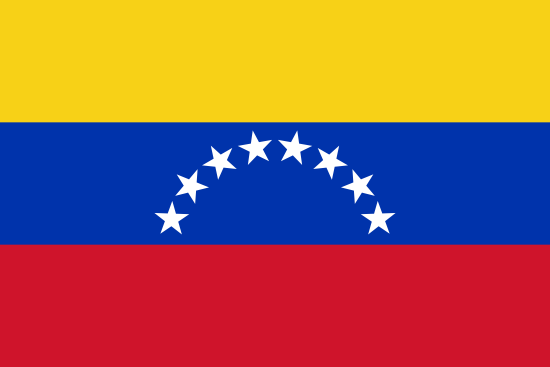
Health Insurance in Venezuela, America
Information expatriation
Capital City: Caracas
Total area: 912,050 km2
Population: 27,908,875 (2008)
Money: Currency Converter
Time Zone: List of time zones by country
Calling Code: +58 XXX
Practical Information:
Health Product: Travel Insurance and Health insurance
Health Insurance information and Sanitary Risk: World Health Map
BLOG: Expat Health insurance Information
Here is a brief description of the healthcare system in the country:
· Venezuela has a public healthcare system called the Venezuelan Institute of Social Security which aims to provide universal healthcare.
· However, it has been significantly strained in recent years due to economic/political crises affecting operations and services.
· It was primarily funded through taxes, employee/employer contributions but budget cuts have impacted resources.
· Care was provided through national/regional hospitals, local health centers and some private physicians.
· Primary care served as first point of contact and referrals were needed to access specialists.
· Both inpatient and outpatient services were intended to be covered for citizens.
· However, shortages of supplies, staff and proper infrastructure have compromised care quality and availability.
· Private clinics remain options but costs have increased significantly.
· Major health issues include communicable diseases, malnutrition and poor living conditions due to economic collapse.
· Ongoing crisis has undermined a system that once provided exemplary healthcare access in Latin America. Continued declines are seen.
· Most experts agree significant reforms will be needed to rebuild the system in future.
Here are some key health considerations for expatriates living in the country:
· Purchase comprehensive international medical evacuation insurance before arrival, as public system is not reliably functioning.
· Private medical care is available but very expensive due to hyperinflation. Ensure ability to pay costs upfront.
· Have at least 3-6 month supply of any prescription medications. Supply chain issues may affect availability.
· Bring backup supplies of chronic condition management items like glucose test strips, EpiPens etc.
· Keep routine vaccinations up to date like hepatitis A/B which are prevalent risks in current sanitation conditions.
· Only consume bottled/purified water and thoroughly cook foods to prevent gastrointestinal illness.
· Access to care varies greatly between major urban areas vs. rural/remote regions. Plan accordingly.
· Security risks have also increased substantially country-wide. Exercise extreme caution at all times.
· Register location with home country embassy in case emergency evacuation is required.
· Economic instability and shortages can impact mental health/stress levels. Seek local support networks.
· Keep a low profile and monitor political/civil unrest advisories which could impact medical access/safety.
